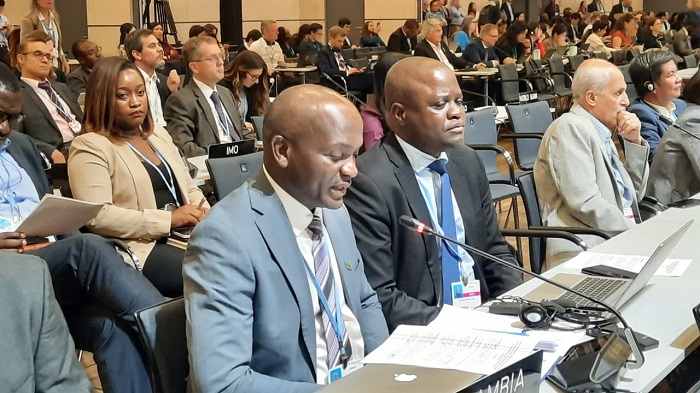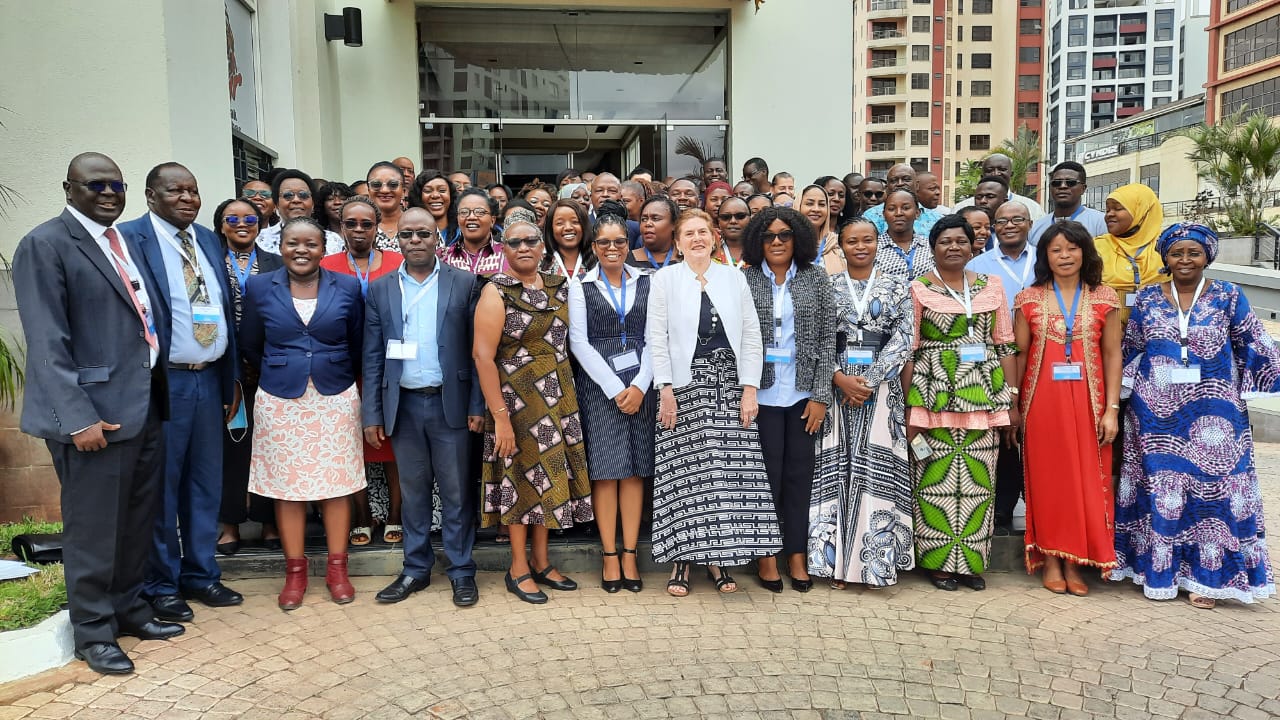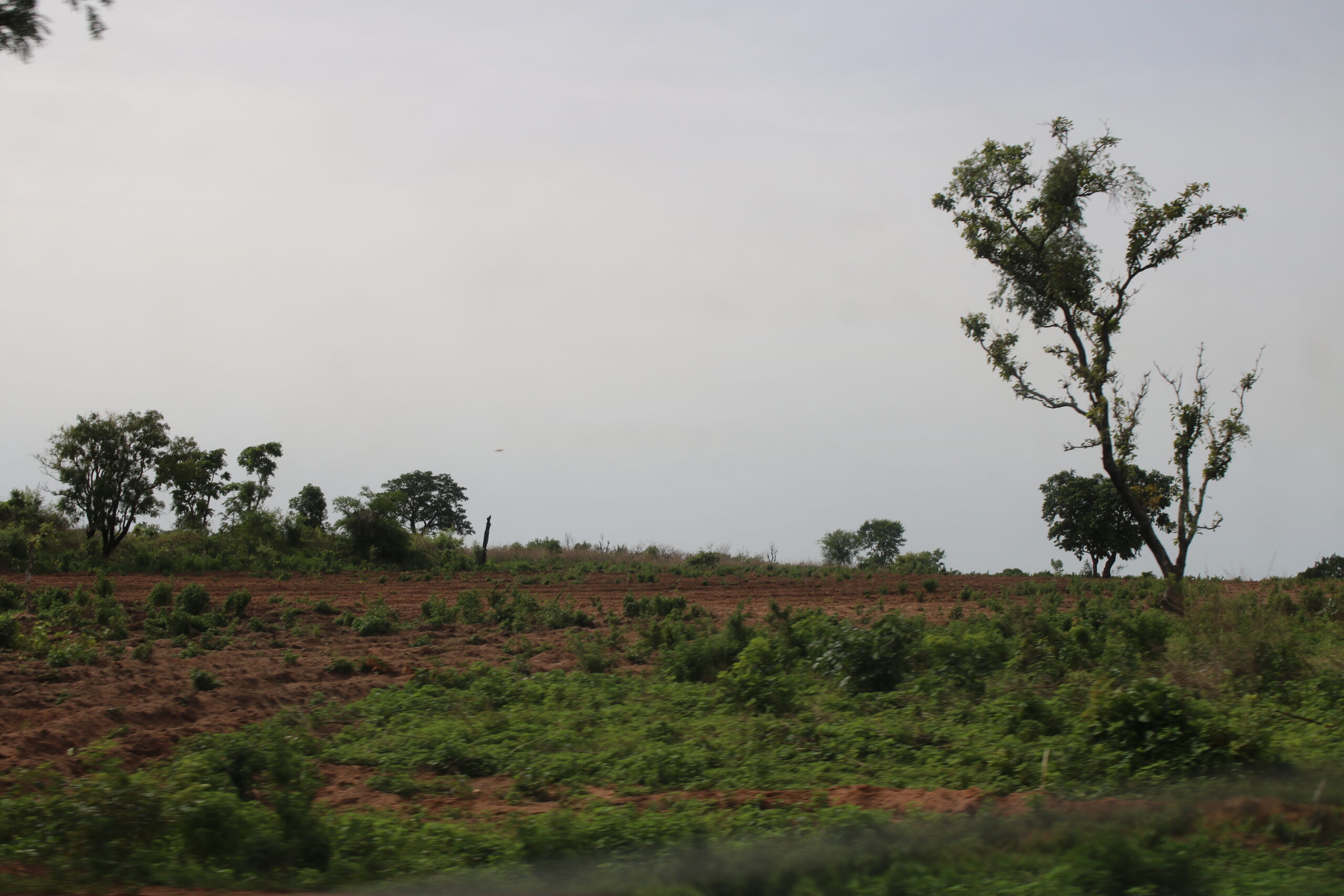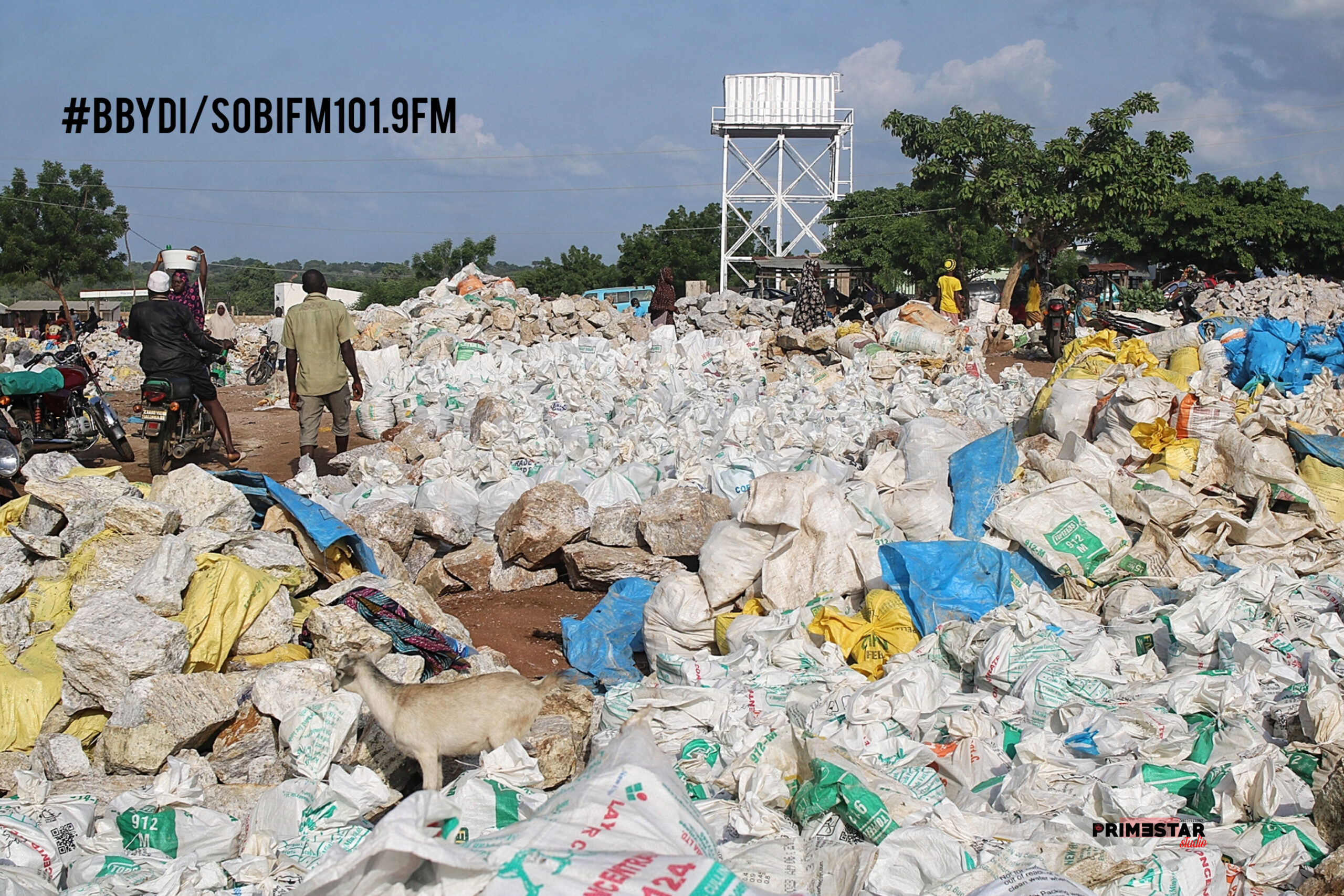The African Group of Negotiators on Climate Change (AGN) says women and youth require adaptation measures, as they are more affected by climate change impact differently in the continent.
AGN Chair, Ephraim Mwepya Shitima, added that integrating a gender perspective in adaptation activities is critical, particularly through the Global Goal for Adaptation (GGA), given that women are disproportionately impacted by the negative effects of climate change and can play a crucial role in adaptation efforts.
He was speaking at the opening plenary of the 58th Session of the UNFCCC Subsidiary Body for Scientific and Technological Advice (SBSTA) and the Subsidiary Body for Implementation (SBI) in Bonn, Germany.

According to him, “It is also important to ensure that interventions respond to the gender-specific needs of women and girls, do not exacerbate inequalities, and contribute to empowering women as contained in the Gender Action Plan to drive change at all levels of the adaptation process.
“The African Group would like to adopt concrete targets for scaling up dedicated funding for gender and climate change, particularly the four priority areas agreed at COP27, alongside gender mainstreaming that requires finances to be committed for effective climate action,” he said.
The AGN also advocates the implementation of effective accountability and transparency of climate finance tracking gender-responsiveness funding.
The Africa Group calls on all Parties to implement their Nationally Determined Contributions (NDCs) and reiterate the obligation under the Convention and the Paris Agreement that states developed countries should take the lead in the efforts to address climate change.
Africa has called for the genuine strengthening of the linkages between the Technology Mechanism and the financial mechanism of the UNFCCC to realise the implementation of technology-supported adaptation and mitigation actions in developing countries.
The 6th Synthesis Report of the Inter-governmental Panel on climate change (IPCC) highlights the consequences of extreme climatic events and stresses the importance of enhancing ambitious action.
The World Meteorological Organisation also published a report warning that global temperature will increase in the next five years, narrowing the achievability of limiting the 1.5 temperature goal.





